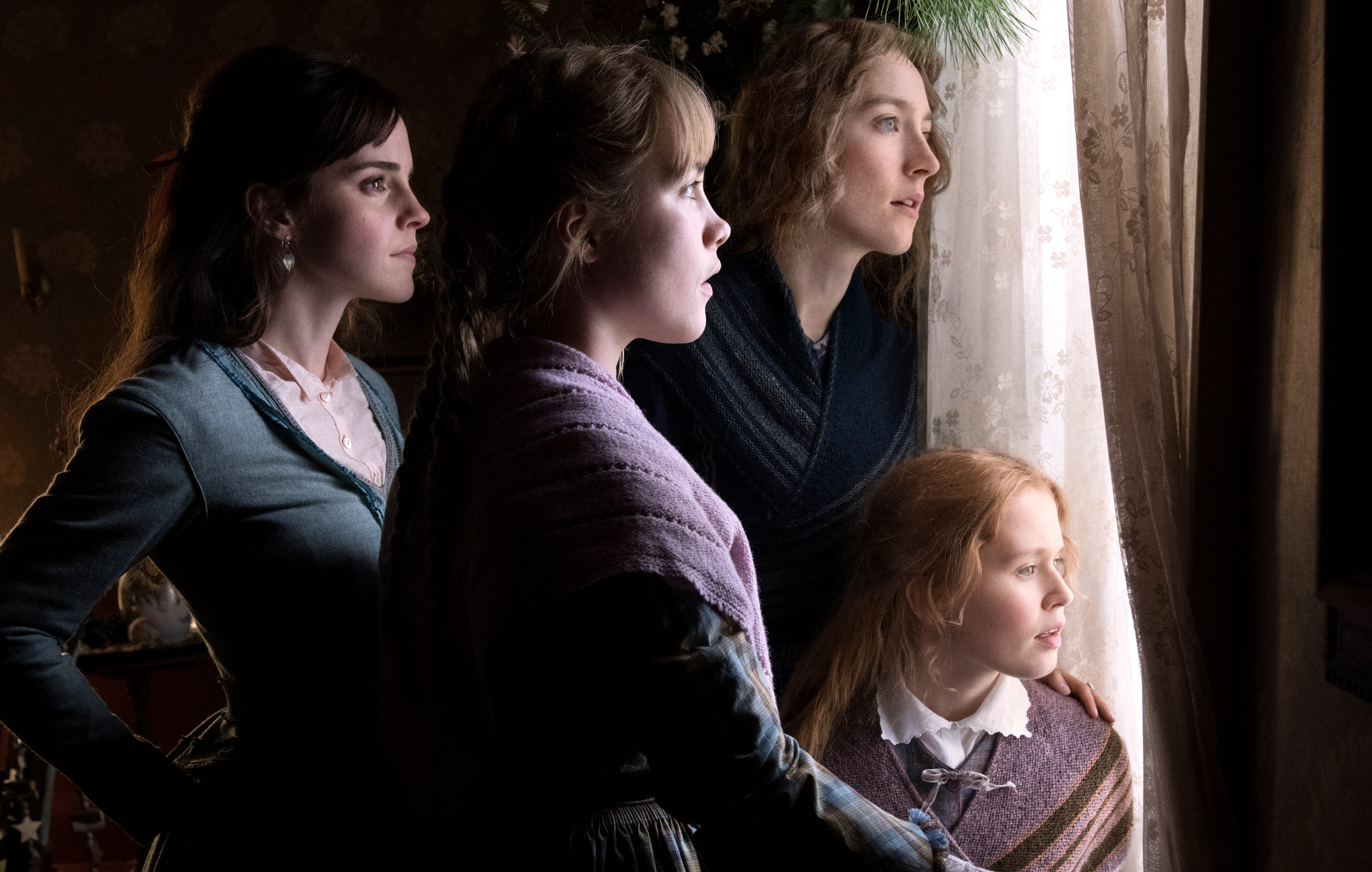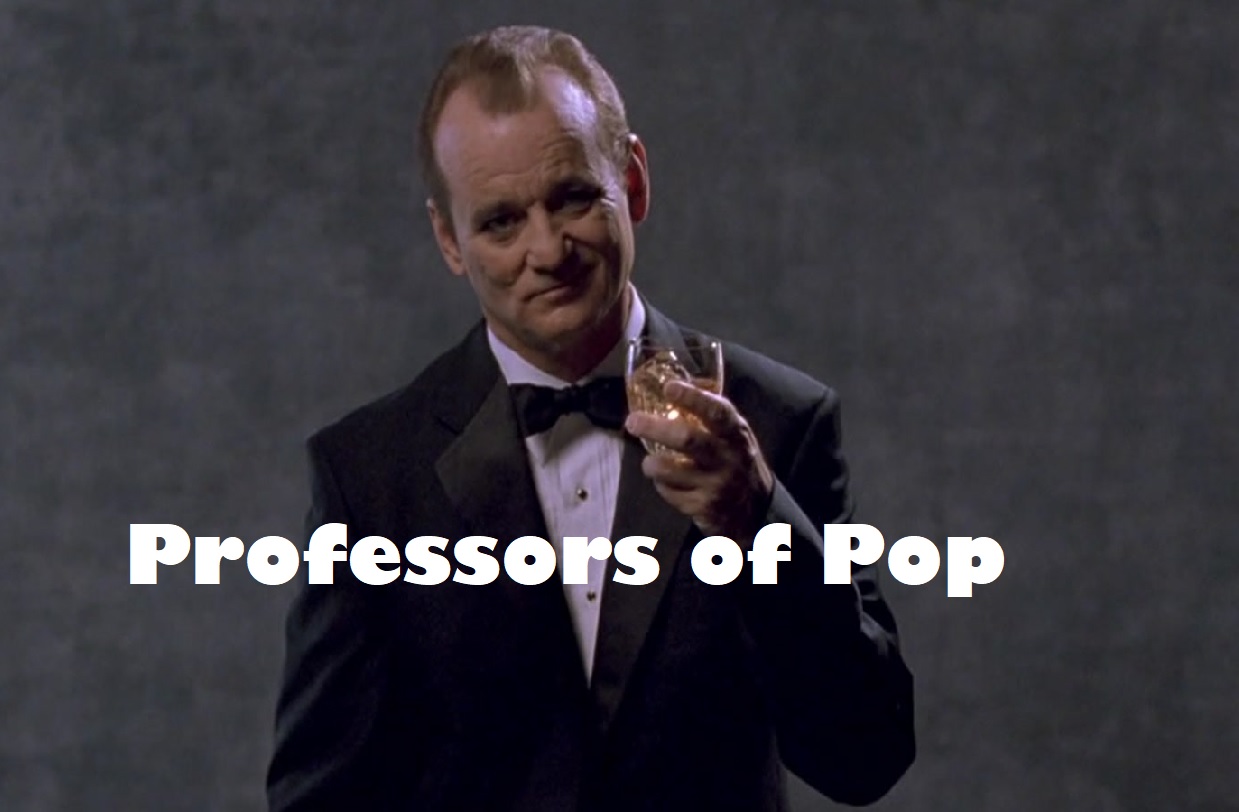
There is an undeniable bias in the world of critique that the novel is always superior to the film. That films are somehow a lesser form of art than the written word. In this episode, we challenge that notion and talk about literary adaptations that are just as good or sometimes even better than the original source material.
Adaptation, the 2002 meta comedy-drama Spike Jones film, can be argued as one such instance where the film is so much more interesting. First of all, you have one of Nicolas Cage’s most amazing performances as both screenwriter Charlie Kaufman and his twin brother. Based on the book The Orchard Thief by Susan Orlean (played by the queen herself Meryl Streep) instead of a real adaptation the film itself is a commentary on the creative process.
And sometimes you don’t even realize how a fresh set of eyes on the same source material can inspire you. After countless versions, I really didn’t need to see a new version of Louisa May Alcott’s Little Women. While I enjoyed the 2017 Maya Hawke-led miniseries, it was going to be pretty impossible I thought to beat the 1994 Gillian Anderson version. But then I saw Greta Gerwig’s 2019 adaptation and was completely charmed by it. How she managed to find something fresh and new in a story we’d seen so many times before.
These days the hottest trend in adaptations isn’t even the movie, but rather a limited series. Shows like Big Little Lies, The Queen’s Gambit, Sharp Objects, and Station Eleven have all been examples of how amazing an adaptation can be when you have 6, 8, 10 hours to adapt it instead of just your standard 2-hour movie.
For those wanting to learn more about film adaptations:
- Bluestone, George (1957) Novels into Film, John Hopkins University Press
https://www.amazon.com/Novels-into-Film-George-Bluestone/dp/080187386X
2. Hosted by Kendyl Bryant, the podcast “Adaptation” is an in-depth look at film adaptations and the original material they’re based on.
https://podcasts.apple.com/us/podcast/adaptation-podcast/id505860137
3. Wollenberg, Anne, (2009, August 17th) How should critics review adaptations? The Guardian
https://www.theguardian.com/film/filmblog/2009/aug/17/literary-adaptation-film-reviews
4. Kline, Karen E. (1996) The Accidental Tourist on Page and on Screen: Interrogating Normative Theories About Film Adaptation, Film Literature Quaterly Vol.24 No. 1(p70-83)
https://web.cocc.edu/cagatucci/classes/hum210/coursepack/filmadaptation.htm
5. Cartmell, Deborah, (2014) A Companion to Literature, Film, and Adaptation, Wiley-Blackwell Press
This episode was hosted by Jerry Gabriel and Stephanie Laughlin
The guest was Elizabeth Laughlin
The episode was edited by Jerry Gabriel
Blog posts and research done by Stephanie Laughlin
